Taxes: Controlling the Things You Can
I remember a particularly awful tax season when I spent about a week straight in absolute anguish trying to get the paperwork done. I spent countless hours staring at a pile of crumpled receipts and a year's worth of bank statements. The transactions swirled around in my head and I felt paralyzed and ashamed. I had no idea what to do or how to complete the tax questionnaire for my H&R Block accountant. The questions seemed impossible.
At the time, I was completely ungrounded in dealing with money and other areas of my life. For tax prep, all I had to go on was a series of scribbled notes, a limited financial vocabulary, some very expensive problems to un-do and terribly low self-esteem about money. Tax prep was a multi-day stress fest and my CPA had to do numeric and mental gymnastics to make sense of my situation. Being overwhelmed and disgruntled about money used to affect every aspect of my life including relationships. I was a mess and so was my money.
Tax season used to be my biggest nightmare. I felt so powerless and incapable. For me, only with the help of therapy, the yoga mat and personal development recovery work did I start to unpack why money was so painful dating back to my childhood and family of origin. With support, perseverance and time, I recovered from debilitating codependence, a complicated family history and financial enmeshment: enabling and dependence. Eventually, I learned practical skills and initiated systems for tracking expenses, maintaining monthly and annual budgets, and, perhaps most importantly, how to integrate all of that information. Since then, I’ve grown up and developed myself as a financially literate, self-supporting, confident and savvy woman. Here’s a snapshot of what I discovered about why working on taxes was so dysregulating.
Patterns in behavioral finance are not always universal, but I invite you to explore this quick self-assessment. You may relate to some but not all of the following taxpayer traits on the healthy or anxiety-prone side, or you may experience challenges and breakthroughs on both sides. I also acknowledge that every year is different financially and emotionally, especially last year. My purpose is sharing these characteristics is not for you to judge yourself, or others, but to guide you in expanding your self-awareness and money consciousness and, of course, to offer support, choices and tools for change.
Healthy Taxpayers Tend To:
Maintain a tax savings account
Have a sense of control, calm and peace of mind while preparing taxes
Use an empowering, systematic approach to track personal and business expenses throughout the year
Experience a positive, easy and affirming relationship with an accountant based on trust and respect
Take time to reflect on what went well with money this year and what can be improved upon
Make necessary shifts and changes to set themselves up for success next tax season
Receive tax refunds, break even or owe small manageable amounts
People At Risk for Developing Taxpayer Anxiety Disorder or Chrometophobia (Fear of Money):
Suffer from negative behavior related to tax matters: overspending, overeating, overworking, distraction, deprivation, isolation, dishonesty, imbalance, poor physical health, anxiety, loss of sleep, restlessness, irritability or loss of appetite during tax season
Owe back taxes
Remain disempowered and uneducated about personal and business tax strategies, deductions and liabilities, a.k.a. “just sign the papers”
Use credit cards, overdraft accounts or lines of credit to pay taxes
Avoid tax-related responsibilities: paperwork, deadlines, mail or phone calls
Experience behavioral paralysis and are unable to address tax problems in a timely manner
Have a frightening, threatening or disconnected relationship with an accountant
Do the same thing year after year expecting different results
Unexpectedly owe taxes
This year, I did something I haven’t done with money in my eight year relationship with my husband, I delegated. My husband completed the tax questionnaire and scanned and uploaded all of our tax-related paperwork. All I had to do was organize and summarize my business finances, which fortunately, since I maintain a tracking system all year long, was not difficult.
If you’re looking to get started in (re)creating a healthy and sustainable relationship with money, for the next seven days, write down everything that happens to your finances by hand or in an app or spreadsheet. Immediate benefits include: increased awareness, sense of presence and connection to reality as well as identifying and stopping leaks in spending.
Take it to the next level by choosing a personal finance tracking system that works for you. My current favorites include: Quicken, YNAB, Quickbooks, Mint, and Tiller HQ. Realistically plan to spend 5-10 hours on set up, learning, and practicing before you reach a less intense maintenance phase with the software.
From there, you can start big picture lifestyle planning and analyzing, however, there are no shortcuts. It’s a layering process and you first need to know where your money is going. With accurate tracking and bill-paying systems in place, you might even find yourself with more time to read, listen to podcasts, take a course, have necessary conversations, work with a professional or otherwise expand your financial literacy. Focusing on your money is hard work, and not always easy, but very rewarding. What’s up for you this tax season? Please send me a note or comment below!


